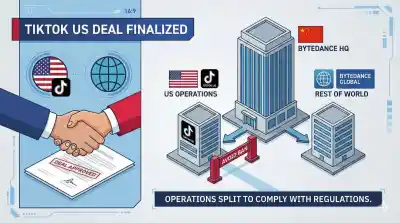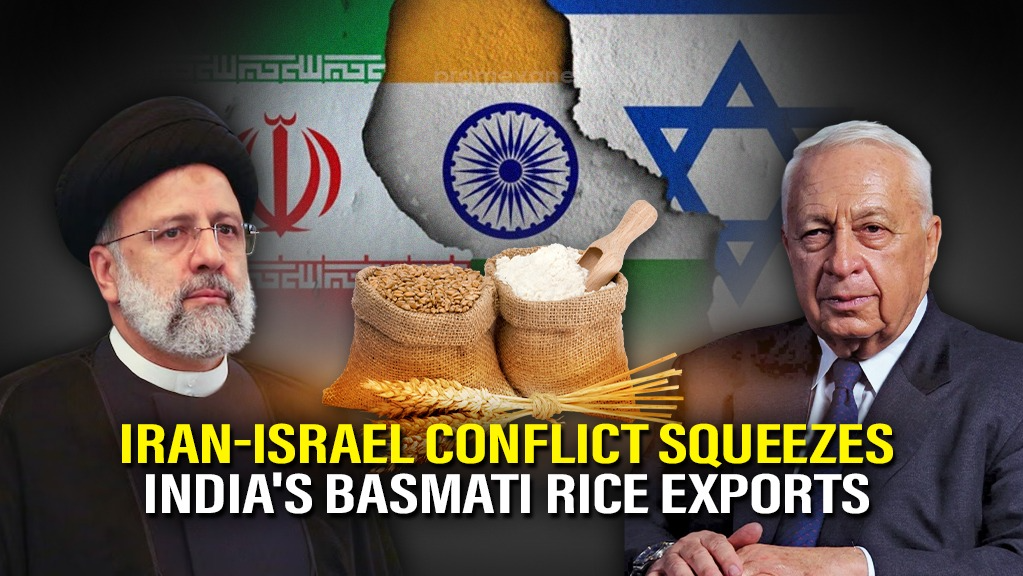

The escalating military conflict between Iran and Israel is sending disruptive ripples across global trade, with significant repercussions for India's agricultural export sector. The tensions have particularly jeopardized India's robust trade relationship with Iran, a primary buyer of Indian basmati rice. The sudden halt in new orders, plummeting prices, and severe payment disruptions are creating a climate of uncertainty, threatening the livelihoods of Indian exporters and the farmers who supply them.
India's basmati rice industry is bearing the immediate brunt of the instability. In the last financial year, India exported basmati worth approximately ₹6,400 crore to Iran, which accounts for a substantial portion of the total basmati trade. However, the conflict has brought new business to a virtual standstill. According to Vijay Setia, former president of the All India Rice Exporters Association, the situation has put basmati exports under serious threat. Export prices have already fallen from over $1,200 per tonne last year to around $900–$950, and exporters are grappling with significant payment delays. This downturn is causing particular alarm in Punjab, which contributes nearly 40% of India's basmati exports and where farmers are now facing uncertainty at the beginning of the kharif sowing season.
The logistical challenges are compounding the financial strain. The conflict has rendered key maritime routes, including the Red Sea and the vital Strait of Hormuz, insecure. This has led to a sharp 15–20% increase in insurance premiums, and many insurance companies are now hesitant to provide coverage for shipments to the region. Commerce Ministry sources report that trade through Iran's crucial Bandar Abbas port, a key gateway for Indian goods, has been significantly disrupted due to damage from Israeli attacks. Exporters fear that ships already en route may be forced to turn back, leading to catastrophic financial losses.
The economic impact extends beyond rice. Iran is also a significant importer of other Indian agricultural products like soymeal and tea, trade in which is now at risk. Simultaneously, Indian consumers are feeling the effects at home. The conflict has disrupted the supply of pistachios and Mamra almonds from Iran, causing a price hike of ₹50–₹60 per kg in local markets.
Perhaps most concerning is the broader macroeconomic threat. The potential for disruption in the Strait of Hormuz, through which nearly two-thirds of India’s crude oil imports pass, has already pushed Brent crude prices to $78 per barrel. This raises serious concerns about inflation, demonstrating that the distant conflict has the potential to impact the entire Indian economy, from the farm to the fuel pump.